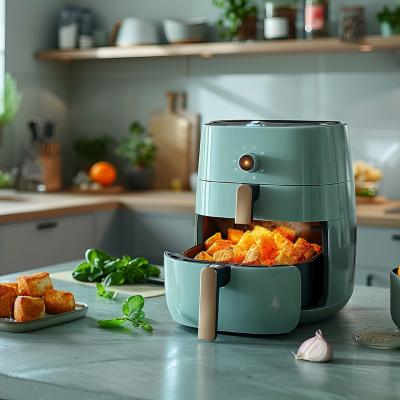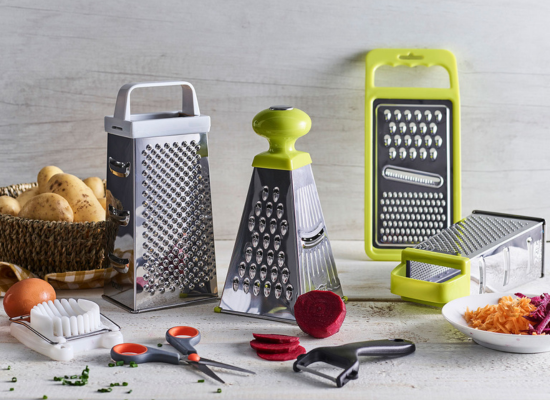
Tea making and brewing are considered an art, and people use many ways to brew tea. And using Japanese Ceramic Teapots is one of the oldest and most sophisticated methods of tea making.
The Japanese Teapot is a perfect combination of intelligence, art, and functionality. It essentially comes in use for brewing Japanese green tea. Tea lovers use a Japanese ceramic teapot to evoke and stabilize tea’s natural flavor and aroma.
But the folks who are unfamiliar with it find it difficult to understand how to use a Japanese ceramic teapot.
We have broken down the simplest way for you to understand the usage of the Japanese Ceramic Teapot. But first, you must understand what a Japanese Ceramic Teapot is. Hence, we will dissect the structure of the teapot further below. Keep reading.
Body Parts of a Japanese Ceramic Teapot (Basic Knowledge)
A Japanese ceramic teapot is not so complicated to understand. Once you get to know each part, you will master the art of brewing tea using a Japanese ceramic teapot, with time, obviously.
The Japanese ceramic teapot comprises 5 parts, and they are as follows.
Body
The central part, or the actual pot, you can say, is regarded as the body of the Japanese ceramic teapot.
Mesh
Basically, there are two types of mesh. Stainless mesh and ceramic mesh. Stainless mesh is a removable mesh and is used for delicate leaves or powder tea. You can even wash it with water after removing it.
While the ceramic mesh is the built-in one, ceramic meshes are primarily used in infancy and top-notch Japanese ceramic teapots. It is non-removable, and you have to clean it with a nozzle. Many artists exhibit their skills via ceramic meshes.
Spout
Spout in the most effortless manner is the opening from where you pour the tea. The shape and sizes of the spout may vary and depend upon the manufacturing of the teapot.
Just to mention, the narrower the spout, the better. The narrow spout refines and filters the tea and does not let any large particles enter your delicious cup of tea.
Handle
As we all may know, Handle is from where we hold the teapot. It is narrow at the beginning and broader at the end. Again, the sizes and style of the handle may vary and depend upon the teapots.
Lid
The lid is an essential part of and Japanese Ceramic Teapot. It has a hole, useful for the air passage, and is effective in making good tea.
LEARN MORE: How To Stop Air Fryer From Beeping?
How to Use a Japanese Ceramic Teapot (An Ultimate Guide)
To use a Japanese Ceramic Teapot, you need the following items:
The Procedure (Step-By-Step)
Brewing tea using a Japanese ceramic Teapot is very easy and quicker than many other tea-making processes. You do not need any extra ingredients or something fancy. Everything is readily available at your home already. Let us begin:
Step 1: Measurement and Boiling.
- Take tap water based on how many cups you want to prepare.
- Boil tap water using a kettle, be it electric or regular kettle.
- Using a cooling pitcher, let the water cool down and bring it to the temperature perfect for brewing tea.
Step 2: Add Tea to Water.
- 1 teaspoon of 5 grams of tea is ideal for 200 to 250ml of water.
- Put tea in a dried and clean Japanese ceramic teapot.
Step 3: Add Water to Tea.
- Once the water in the cooling pitcher cools down, pour it into the Japanese Ceramic teapot.
- Do not fill it to the top. Leave some space for cleaner decantation.
Step 4: Infusion.
- Once done, put the lid on for almost 2-3 minutes for infusion.
- The ideal time for an infusion of Japanese Tea is 2-3 minutes.
Step 5: Serve.
- Secure the lid with your thumb to pour the tea safely out of a Japanese ceramic teapot.
- Gently shake it in circular motions while pouring it out.
- Gradually pour an equal amount of tea into each teacup.
- Enjoy.
Tip: Make sure to pour even the last drop out. Otherwise, the teapot will start brewing the tea again.
LEARN MORE: How to Cook Ground Beef in Rice Cooker?
How to Take Care of a Japanese Ceramic Teapot (Useful Tips)
Like every other utensil or pot, the Japanese Ceramic teapot needs maintenance to elongate its lifespan and produce tastier tea with every use.
Its maintenance is not way too demanding or difficult, you just need to avoid some minor things, and those are as follows:
- After every use, clean your teapot with a soft, damp cloth while your teapot is still warm.
- In older teapots, an inner layer is generally known as the inner patina. It is formed after several uses due to the process of oxidation. It is usually brown. This patina enhances the taste of the tea. Do not try to scrape or rub it.
- Use a small, miniature brush to remove the grit and leftover particles from the ceramic mesh inside the teapot.
- Do not leave any liquid inside the teapot as it may cause it to rust quickly.
- Do not use a detergent to wash it.
- Avoid using a dishwasher to wash your Japanese ceramic teapot.
- Avoid using a steel scrub while washing your teapot as it cause scratches all over the surface.
- Do not expose the Japanese ceramic teapot to sudden extreme temperature changes as it may cause it to break.
Unglazed clay Japanese teapots are somewhat porous and can acquire tastes and scents from the tea prepared in them.
The most important thing to avoid is flavored or fragrant teas, such as Jasmine or herbal mixes. The Sencha or Houjicha will soon have Jasmine aromas.
Conclusion
To enjoy tea and appreciate its natural taste, it is better to use conventional methods. For this, you have to use a Japanese ceramic teapot. It is not so complex, unlike the myths, and is a healthier option to brew and enjoy green tea or any other tea you love.
Our takeaway is that kyusu or Japanese ceramic teapot is the best option for a healthier lifestyle and is way more convenient. This was our ultimate guide on how to use a Japanese ceramic teapot. Enlighten your friends and family by sharing the info.



